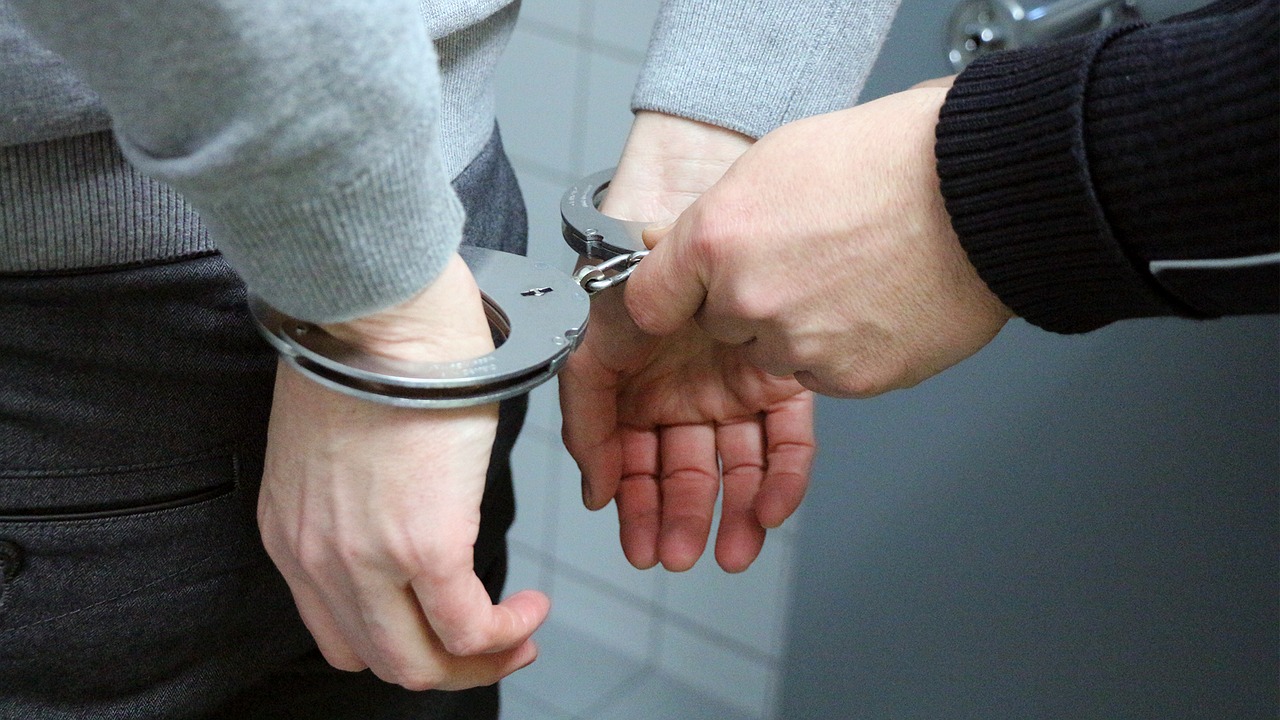
The Anti-Torture Committee has condemned the handling of migrants requiring leave. Violence in deportation and detention conditions are often inappropriate.
The Council of Europe has criticized Germany for using „disproportionate and inappropriate“ violence in the deportation of migrants. In a report, the anti-torture committee called for refraining from methods which „aroused feelings of suffocation or inflicted severe pain on those affected“.
In its report, the panel describes the conditions under which Afghans were deported by a charter plane from Munich to Kabul. Two men were handcuffed and cuffed and taped and forced into the machine by several police officers. An official pressed an arm against a man’s neck, which reduced his breathing ability. Another cop had several times squeezed his genitals for a long time.
This method „clearly aims to achieve cooperative behavior by inflicting severe pain,“ criticized the experts from the Council of Europe. Such an approach was „disproportionate and inappropriate“.Germany must „take immediate action“ to stop the use of these techniques.
The Federal Ministry of Justice informed that the Federal Police had been informed of this recommendation and had „picked it up“. The task of the Anti-Torture Committee is to monitor compliance with the European Anti-Torture Convention. To this end, members of the committee visit at regular intervals facilities in which people are held against their will.
Deportations too short
The committee also criticized that deportations from Germany are often announced to those affected too short notice. It was essential that people were informed in good time that they had to leave Germany. Only then could people deal psychologically with the situation.
The report stated that German authorities have not informed those affected by deportation until late or last minute of their imminent deportation. Some of those affected apparently stated that they had been picked up by the police shortly before their flight, some at night, and had not had enough time to pack up all their belongings.
The response of the Federal Ministry of Justice to the report showed that the deportation should be announced as a rule one week before the appointment – even those in custody. However, Bavaria is of the opinion that people in detention are not required to be given the exact date. Since they were in detention, they were informed about their upcoming expulsion, it was said.
Poor conditions of detention
The panel also criticized the establishment of the deportation prison visited in Eichstätt. The security guards there are not specially trained, and the men housed there are treated more like prisoners. For example, they may not wear their own clothing and have limited access to multipurpose rooms. In addition, the inmates could not speak directly to a doctor, but would have to register an appointment only with one of the guardians.
In their response, the ministry said that the men in detention do not usually have enough of their own clothes to change them regularly – so clothes are used at the detention center. That a direct visit to the doctor for the inmates was not possible, dismissed the Ministry of Justice.



